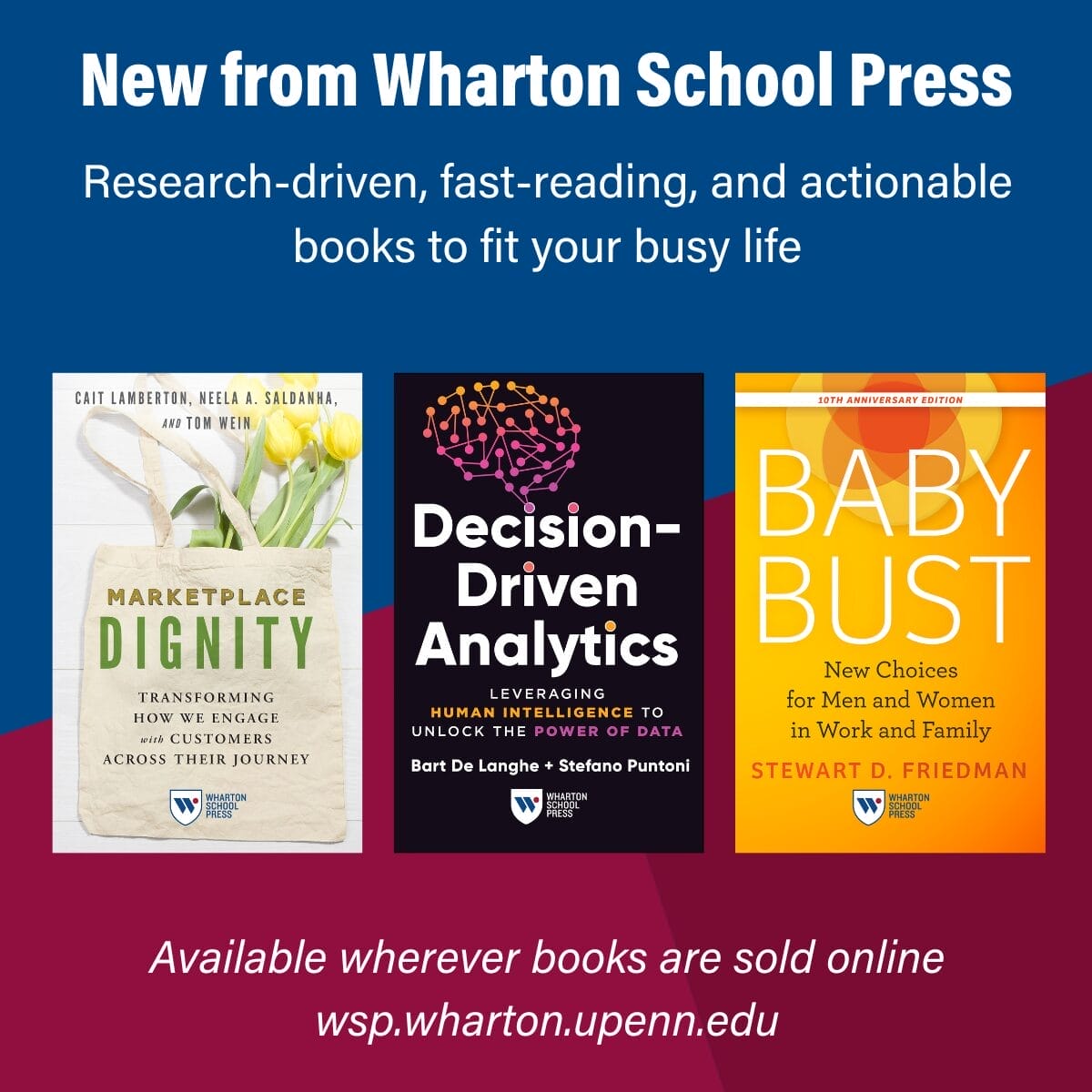Recently, I was lucky enough to meet with Imprivata’s CEO, Omar Hussain. Imprivata is a leading company in secure access and collaboration in the health care sector, and Hussain has had an interesting and varied career. He has never worked in the same industry twice and he has successfully navigated Imprivata through two major changes of direction.
Hussain epitomizes the classic image of a serial entrepreneur with a singular passion for building great companies. Offering plenty of good advice for young entrepreneurs, his charismatic delivery was that of a natural salesman. He was even kind enough to follow up afterward over the phone.
That sales don’t always equal traction was one of Hussain’s most important lessons. Hussain was emphatic in his belief that as an early-stage company, you have to find the holy grail of product-market fit. The best way to do that is by using sales as a measuring stick. But, he cautions, do not mistake being a good salesperson with product traction. Avoid questions that lead the witness and instead ask, “Why wouldn’t you use this product?” The more often a client’s ideal product sounds like what you are offering that’s when you are closing in on Petra.
Our experience with Skillbridge has been exactly that. We are building a platform where companies can cut their costs by accessing premier talent on an as-needed and fluid basis, and we are gaining the attention of clients and investors like the Dorm Room Fund. We have shifted our sales calls from aggressively pushing our platform to giving clients the space to tell us about their pain-points: too many short-term projects and a lack of time to screen piles of under-qualified resumes. By meticulously interviewing our customers we are learning to completely understand their needs. These conversations have even provided us with tips, such as which budget pool to target with their CFO and what conferences their competitors go to find related vendors.
For all initial sales calls, Hussain has a list of suggested questions you should be asking:
What are the products and services [in your space] you most need?
How often do you need them?
Why do you need them?
How do you try and get them today?
Why have you not been able to get what you want?
If you were able to find the product or the service you want:
How would you like to access it? (Hourly, per use, etc.)
How would you like to purchase it? (Directly over the Web, through your IT department, etc.)
If XYZ product existed what would prevent you from using it?
If you found a service or a product that fulfilled your need, where would you get the money to pay for it?
Hussain also touched on something we’ve heard consistently from startup founders: Follow your gut. Hussain believes that following your gut is a skill that you develop and hone over time, providing an accurate compass to guide decision making. His extensive career and his ability to bring people with him on Imprivata’s winding and often unexpected journey is a testament to his ability to stand up and act on his convictions.
Blocking out the noise and focusing on the underlying truth was our biggest takeaway from the time spent with Hussain: While you may be able to B.S. investors and customers, don’t ever B.S. yourself. We at Skillbridge are taking Hussain’s advice to heart.


























